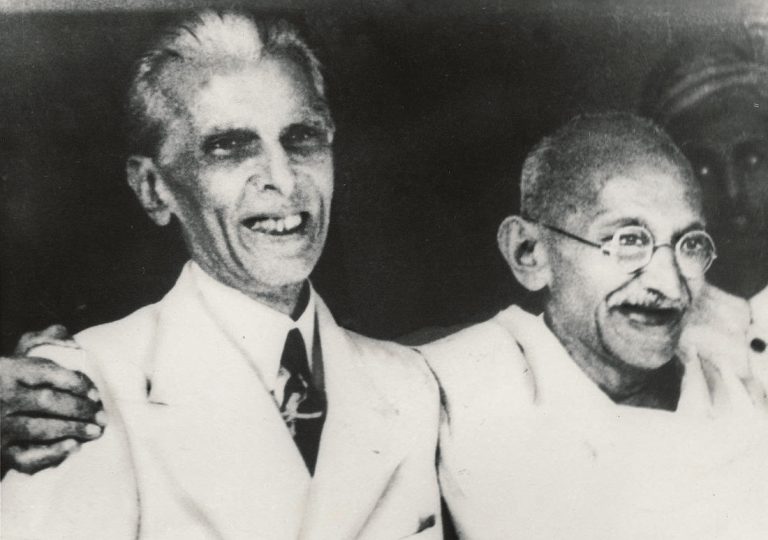
Jinnah’s legacy calls us to work toward a world that uplifts humanity, connects goodness across nations, and strives for justice and equality for all people, regardless of race, religion, or nationality. Jinnah’s life remains a testament to the power of visionary leadership in shaping a better, more peaceful world.
New York, N.Y. Muhammad Ali Jinnah stands as a towering figure in world history, not just as the founder of Pakistan but as a visionary global citizen whose influence transcended borders. As we explore Jinnah’s legacy, we see a leader deeply committed to justice, equality, and the empowerment of marginalized voices—a man who sought to reshape the world based on the principles of peace, self-determination, and international cooperation.
Born in 1876, Jinnah was educated in Bombay and later in London, where he trained as a barrister. His global outlook was shaped by his exposure to the diverse cultures and political ideologies of the time. While he rose to prominence as a leader in India’s independence movement, his focus was never confined to the subcontinent. He understood the complexities of colonialism, oppression, and the desire for freedom, making him a champion of human rights far beyond his immediate environment.
Jinnah’s work as the leader of the All-India Muslim League reflected his profound understanding of the cultural, religious, and political diversity of the world. He advocated for the rights of Muslims in India, not as a narrow nationalist, but as someone who believed in the right of all peoples to have autonomy and self-respect. His call for the creation of Pakistan was rooted in this global vision—a nation where Muslims could live freely and practice their faith, contributing to the global tapestry of nations based on equality and mutual respect.
What makes Jinnah truly remarkable is his steadfast belief in the importance of dialogue and diplomacy.
He frequently engaged with world leaders, emphasizing peaceful coexistence and cooperation. In many ways, his work prefigured the global movements for decolonization and self-governance that would sweep across Asia, Africa, and the Middle East in the decades following World War II. Jinnah saw a world where nations could emerge from the shackles of colonialism and build societies based on justice, fairness, and the rule of law—values that remain central to global citizenship today.
Even in his personal life, Jinnah was known for his cosmopolitanism. He spoke multiple languages, maintained friendships with people of various cultures and backgrounds, and upheld a vision of Pakistan as a modern, progressive nation.
His famous speech on August 11, 1947, just days before Pakistan’s independence, laid out his vision of a pluralistic society where people of all faiths could live harmoniously. “You are free; you are free to go to your temples, you are free to go to your mosques, or to any other place of worship in this State of Pakistan,” he said—a message that resonates with today’s values of inclusivity and respect for diversity.
As we reflect on Muhammad Ali Jinnah’s life, we recognize his role not just as the father of Pakistan but as a leader who embodied the best qualities of a global citizen. His legacy calls us to work toward a world that uplifts humanity, connects goodness across nations, and strives for justice and equality for all people, regardless of race, religion, or nationality. Jinnah’s life remains a testament to the power of visionary leadership in shaping a better, more peaceful world.
Jinnah’s Legacy: Championing Justice, Equality on a Global Stage (Sept. 17, 2024)
#MuhammadAliJinnah, #GlobalLeader, #JinnahLegacy, #HumanRights, #EqualityForAll, #VisionaryLeader, #GlobalCitizen, #PeacefulCoexistence, #HistoryMakers
Tags: Muhammad Ali Jinnah, Global Citizen, Pakistan Independence, Human Rights, Justice and Equality, International Leadership, Colonialism, Self-Determination, Peace, Global Cooperation, Visionary Leadership